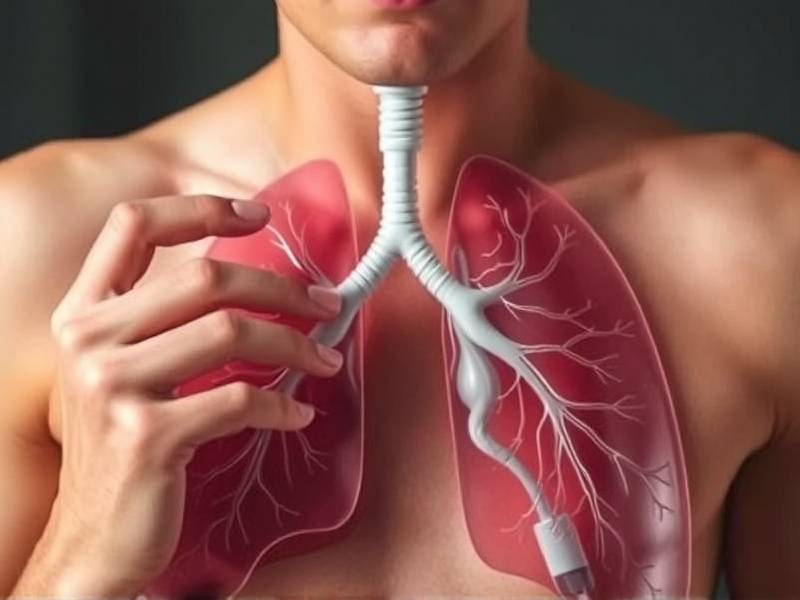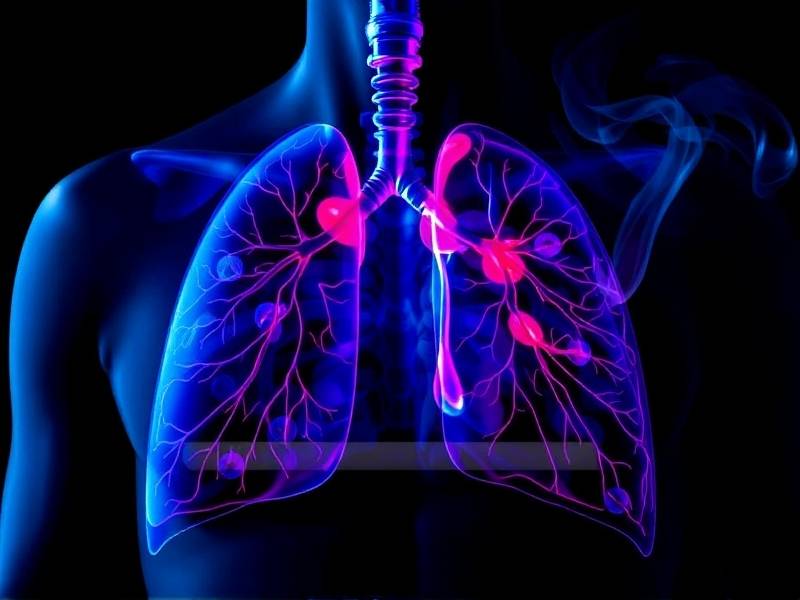Does Quitting Smoking Make Your Lungs Stronger?
Does Quitting Smoking Make Your Lungs Stronger?

Introduction: The harmful effects of smoking on the human body have been widely documented. One of the most affected organs is the lungs, which bear the brunt of the smoke's toxic substances. As such, many smokers are curious to know if quitting smoking can truly strengthen their lungs. In this article, we'll explore the potential benefits of quitting smoking on lung health.
Section 1: Understanding Lung Function To understand how quitting smoking can improve lung health, it's essential to first grasp how lungs work. The lungs are responsible for oxygenating the blood and removing carbon dioxide. When you smoke, your lungs are exposed to numerous harmful chemicals that can damage their delicate structures and impair their function.

Section 2: The Immediate Benefits of Quitting Smoking When you quit smoking, your body begins to repair itself almost immediately. Here are some of the immediate benefits:
- Within 20 minutes after quitting, your heart rate and blood pressure drop.
- After 12 hours, carbon monoxide levels in your blood drop to normal.
- After two weeks to three months, your lung function improves significantly.
- After one to nine months, coughing and shortness of breath decrease.
Section 3: Long-Term Benefits of Quitting Smoking Over time, quitting smoking can lead to several long-term benefits for your lungs:
- After one year, your added risk of coronary heart disease is half that of a continuing smoker.
- After five years without smoking, your stroke risk is reduced to that of a non-smoker.
- After 10 years without smoking, your lung cancer death rate is about half that of a continuing smoker.
- Your risk for cancers of the throat, mouth, esophagus, and pancreas decreases with time after quitting.
Section 4: Can Quitting Smoking Make Your Lungs Stronger? While it's not accurate to say that quitting smoking will make your lungs "stronger," it will certainly improve their function and reduce the risk of developing chronic respiratory diseases. By eliminating exposure to harmful chemicals and toxins, you allow your lungs to heal and function more effectively.
Conclusion: Quitting smoking is a significant step towards improving lung health. While it may take time for your lungs to fully recover from years of smoking damage, the benefits are well worth the effort. If you're considering quitting or have already taken that step, be patient with yourself as you transition into a smoke-free life. Remember that every day without a cigarette brings you closer to better health.
